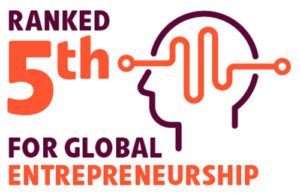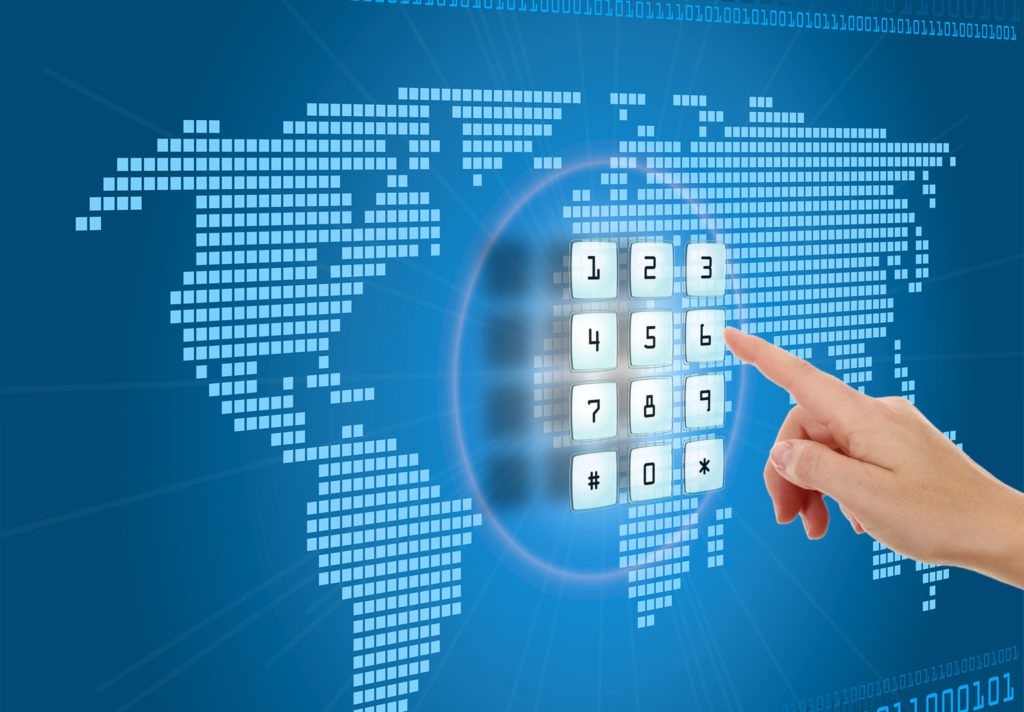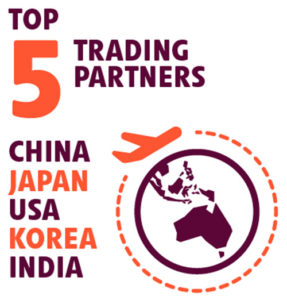Australia – It’s not just a great place to come for A Holiday… It’s also a FANTASTIC place to do business…
Here’s Why:
Ties between the Australian and UK space industries have been strengthened with the signing of a new arrangement to increase connection, exchange and investment.
The Space Bridge Framework Arrangement signed overnight enhances cooperation between the Australian Space Agency, the UK Space Agency and each country’s trade and investment agencies.
Minister for Industry, Science and Technology Karen Andrews said the Space Bridge will connect Australian and UK expertise in the space industry and showcase the strength of Australia’s space sector.
“Australia’s space industry is innovative, globally competitive and growing at a rapid pace,” Minister Andrews said.
“The Space Bridge arrangement with the UK will allow us to continue that momentum, building on our shared strengths, leveraging individual expertise and creating jobs for the future.
“In addition to Australia’s strong manufacturing capabilities, our space priorities range from communications to Earth observation, as well as robotics and automation — all of which can offer support to the UK’s space ambitions.”
Minister for Trade, Tourism and Investment Dan Tehan said the Space Bridge would open up new opportunities for trade and investment in the growing space sector.
“The Space Bridge is a huge step forward in enabling the transfer of Australian space-related capability and knowledge,” Mr Tehan said.
“Through the Space Bridge, Austrade will help connect Australian businesses to opportunities in the space sector and work with the Australian Space Agency to promote Australia’s space industry internationally, increasing trade and attracting greater investment from around the world.
“This world-first agreement between Australia and the UK will reduce barriers to cooperation, address market-entry barriers and help space programs get off the ground faster, helping both countries to develop pioneering space programs and technology.”
The leaders of the Australian and UK space agencies also reinforced the importance of stronger space ties between both countries.
Head of the Australian Space Agency Enrico Palermo said the Space Bridge Framework Arrangement will help propel the Australian civil space industry into its next phase of growth.
“The arrangement will open doors to build local capability, as well as significantly boosting our collaboration with the UK Space Agency,” Mr Palermo said.
The Chief Executive Officer of the UK Space Agency Dr Graham Turnock said the arrangement will unleash innovation and promote knowledge exchange.
“This will build relationships that will help both the UK and Australia maximise the vast economic and scientific potential that the space sector offers,” Dr Turnock said.
“It will also help create better opportunities and greater security for people in both nations.”
The Space Bridge Framework Arrangement was signed on Tuesday, 23 February at the British High Commission in Canberra and at Westminster, in London, United Kingdom.
DID YOU KNOW?
Australia is the only major developed economy to have recorded no annual recessions from 1992 to 2018.





